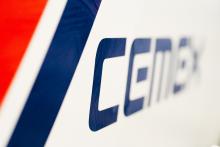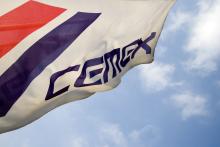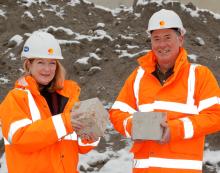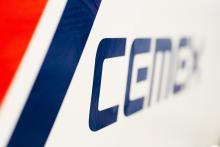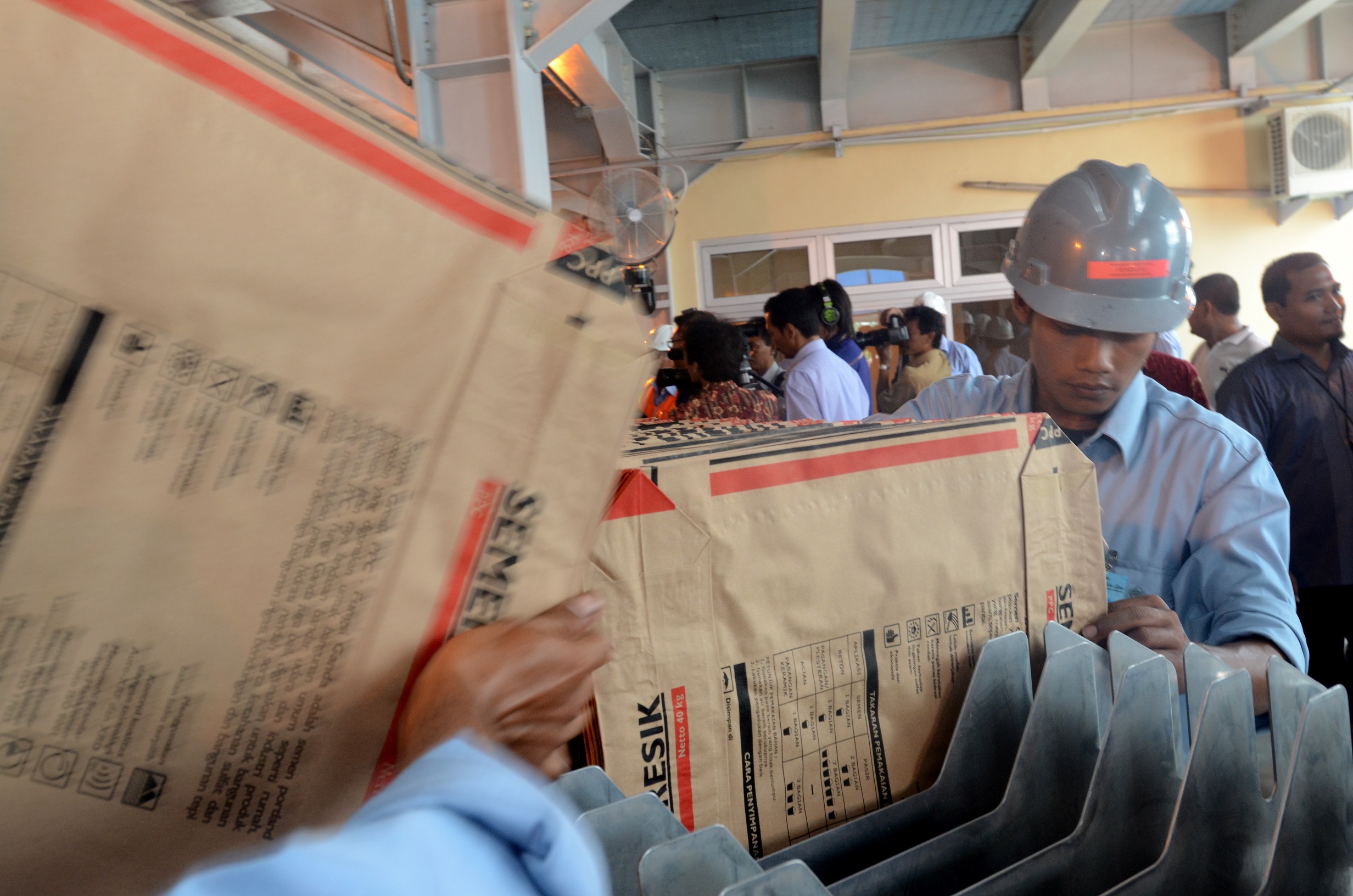
SBI has teamed up with DKI Jakarta Province's administration to reprocess municipal solid waste at Bantergebang landfill into RDF for the company's plant in Narogong. Initially, the landfill will reportedly provide SBI with 1,000 tons of RDF per month. The company also collaborated with the administration of Cilacap Regency in the setup of an integrated waste processing facility at Jeruklegi landfill. The facility can produce 60 tons of RDF from 120 tons of waste per day for use by SBI's plants.
Meanwhile, Semen Indonesia is purchasing paper and agricultural waste and processes them into biomass-based RFD for its factories. For instance, its Tuban plant in East Java utilises RFDF made from corn seed, coconut and rice husks, and tobacco waste for its operations, while plants in South Sulawesi, West Sumatra and Aceh use RDF made from sawdust and rice husks.
Hendi Prio Santoso, president director of Semen Indonesia, told Indonesia media outlets, including Bisnis Indonesia, that the initiatives to replace conventional fuel with RDF help extending landfill lifecycle and contribute towards a national zero-waste circular economy.

